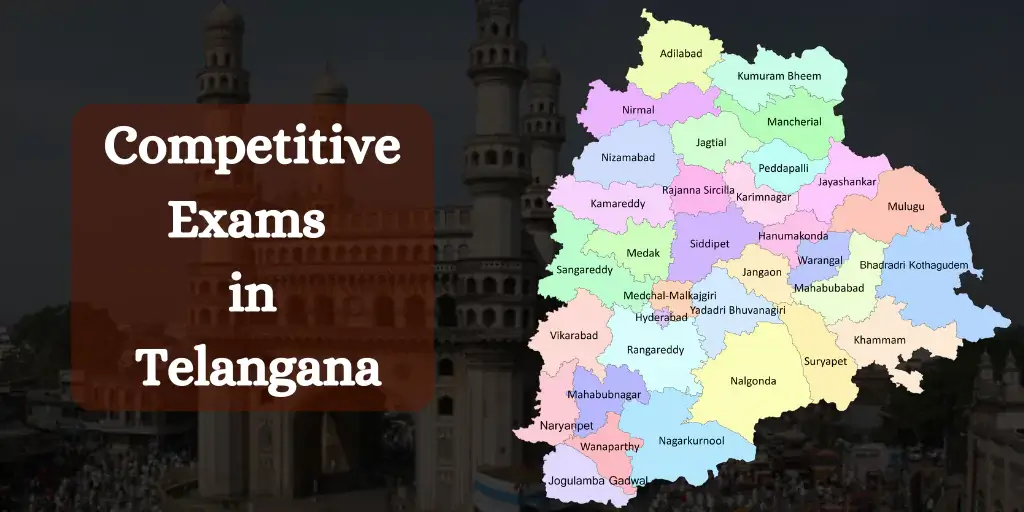🎓 Are you standing at the crossroads of your educational journey, wondering which path to take? The world of higher education can be a maze, with undergraduate and postgraduate degrees often confusing. But fear not! Understanding the difference between these two UG and PG degree academic routes is crucial for making an informed decision about your future.
Imagine embarking on a journey where each step could dramatically shape your career and personal growth. That’s exactly what choosing between undergraduate and postgraduate studies entails. Whether you’re a high school graduate pondering your next move or a professional looking to level up your expertise, your choice can open doors you never knew existed.
In this blog post, we’ll demystify the world of higher education by exploring the key differences between undergraduate and postgraduate degrees. From academic expectations to career implications and financial considerations, we’ll guide you through everything you need to know to make the right choice for your future. So, buckle up as we dive into the exciting realm of academic advancement! 🚀
1. Understanding Undergraduate Degrees

Definition and purpose
Undergraduate degrees are the first level of higher education, typically pursued after high school. They aim to provide a broad foundation of knowledge in a specific field. These degrees prepare students for entry-level positions or further academic study.
Common types of undergraduate degrees
| Degree Type | Description | Duration |
|---|---|---|
| Associate | Foundational | 2 years |
| Bachelor’s | Comprehensive | 3-4 years |
- Associate degrees: Often offered at community colleges
- Bachelor’s degrees: Available at universities and colleges
2. Exploring Postgraduate Degrees

Definition and purpose
Postgraduate degrees, also known as graduate degrees, are advanced academic qualifications pursued after completing an undergraduate degree. These programs aim to deepen knowledge in a specific field, develop advanced research skills, and prepare students for specialized careers or academia.
| Aspect | Undergraduate | Postgraduate |
|---|---|---|
| Purpose | Broad foundation | Specialization |
| Focus | General knowledge | In-depth expertise |
| Research | Basic | Advanced |
Types of postgraduate qualifications
Postgraduate qualifications come in various forms, including:
- Master’s degrees (MA, MSc, MBA)
- Doctoral degrees (PhD, EdD)
- Postgraduate diplomas and certificates
- Professional qualifications
3. Academic Rigor and Expectations

Undergraduate coursework structure
- Structured curriculum
- Broad subject coverage
- Regular assignments and exams
- Group projects and discussions
Postgraduate research requirements
- In-depth research focus
- Original contributions to the field
- Thesis or dissertation
- Advanced seminars and colloquia
| Aspect | Undergraduate | Postgraduate |
|---|---|---|
| Study approach | Guided learning | Independent research |
| Knowledge depth | Foundational | Specialized expertise |
| Assessment | Regular tests | Research-based evaluation |
Postgraduate studies demand a higher level of independent study and critical thinking. Students are expected to delve deeper into their chosen field, often conducting original research and contributing new knowledge. This contrasts with undergraduate programs, which provide a broader foundation across various subjects within a discipline.
4. Career Implications

Job prospects for undergraduate degree holders
Undergraduate degrees open doors to entry-level positions across various industries. Graduates typically find roles that match their field of study, with opportunities for growth. However, competition can be fierce in some sectors.
| Degree Type | Common Job Prospects |
|---|---|
| Bachelor’s | Entry-level positions, Management trainee roles, Specialized industry jobs |
Career advancement opportunities with postgraduate qualifications
Postgraduate degrees often lead to senior roles and specialized positions. They provide advanced knowledge and skills, making graduates more competitive in the job market. Many leadership and research positions require or prefer postgraduate qualifications.
5. Financial Considerations

A. Undergraduate tuition costs
Undergraduate tuition costs vary widely depending on the institution and program. Public universities typically offer lower rates for in-state students, while private colleges tend to be more expensive. Here’s a comparison of average annual tuition costs:
| Institution Type | In-State | Out-of-State | Private |
|---|---|---|---|
| 4-Year College | $10,740 | $27,560 | $38,070 |
B. Postgraduate program fees
Postgraduate programs generally have higher fees than undergraduate degrees. The costs can vary significantly based on the field of study and institution. Professional degrees like an MBA or law tend to be more expensive.
Conclusion
Choosing between undergraduate and postgraduate degrees is a significant decision that can shape your academic journey and career path. Undergraduate degrees provide a broad foundation of knowledge and skills in a chosen field, while postgraduate degrees offer specialized, advanced learning and research opportunities. The academic expectations, career implications, and financial considerations differ considerably between these two levels of higher education.
As you contemplate your educational goals, consider how each degree type aligns with your personal and professional aspirations. Whether you opt for an undergraduate degree to kickstart your career or pursue a postgraduate qualification to enhance your expertise, both paths offer unique advantages. Ultimately, the choice depends on your circumstances, career objectives, and passion for learning. Whichever route you choose, remember that education is a lifelong journey, and either degree can be a stepping stone to future growth and success.






